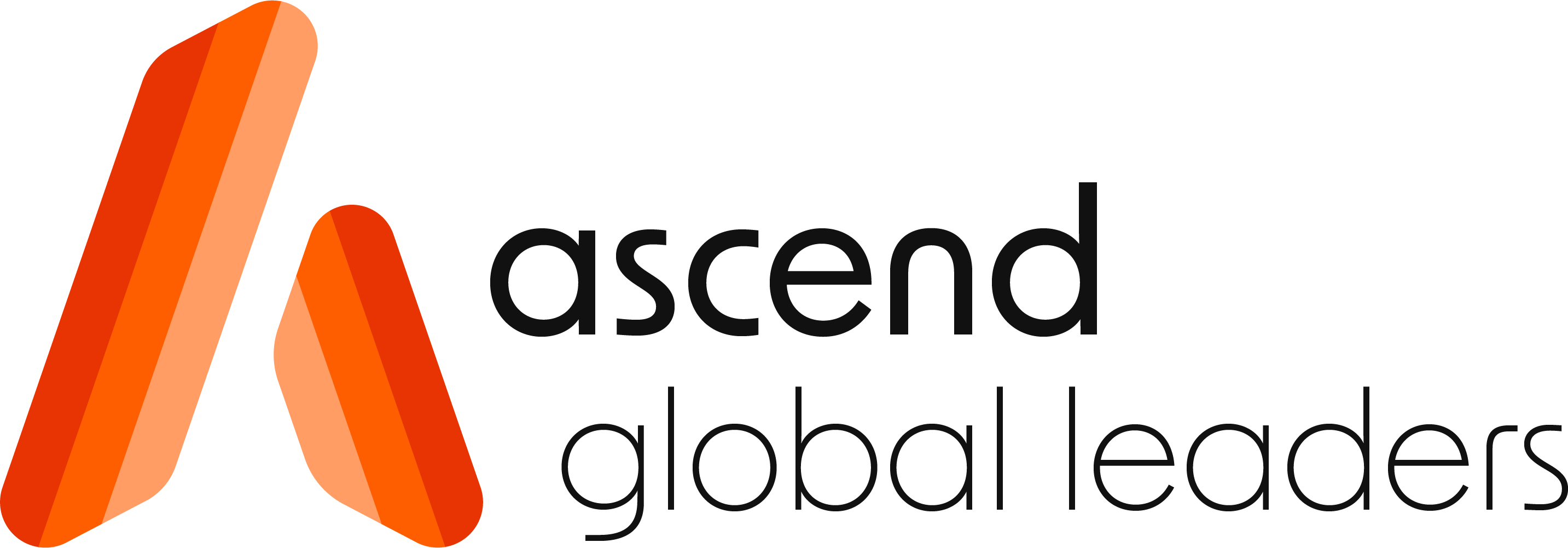An Industry Perspective – Women Entrepreneurs
2021 has been a banner year for women starting and scaling businesses. Female-founded companies are raising venture capital at significantly higher levels than at any point in the last decade. This year saw several high-profile IPOs from companies founded or led by women including Whitney Herd’s Bumble, Jessica Alba’s Honest Company and Anjali Sud, CEO of Vimeo. In September FIGS co-founders Heather Hasson and Trina Spear made history by leading the first IPO ever of a company founded and led by two women.
“Female founders have come into their own. I think of leaders like Katrina Lake at Stitchfix, Melanie Perkins at Canva and Jennifer Hyman at Rent the Runway,” says Sapna Shah, an angel investor, advocate, board member and principal of Red Giraffe Advisors. “They’ve built incredibly successful companies and challenged gender biases that have been barriers to funding. Most importantly, they have created a model for the women founders coming up. A woman who’s thinking about starting a business looks at them and says to herself ‘if she can do it, so can I.’ That’s powerful.”
We’ve also seen encouraging gains in the number of diverse women founders starting businesses and attracting funders, according to Project Diane, an ongoing research and data initiative that helps inform global and national policy for diverse female founders. In 2018 only 13 black women founders had raised a million or more in outside capital. In 2020 that number was 93 – a nearly seven-fold increase. the amount that female Black and Latinx founders raised a collective $3.1b in 2020, up from just $1b the year before. These founders are proving that it’s money well spent. The fail rate for Black & Latinx women-founded startups in 2018 was 27%, lower than the 40% national fail rate for startups founded at the same time.
When women break barriers, challenge bias and show they can lead at the very top echelons of business – whether starting and scaling a company in an increasing competitive marketplace, or taking the helm of a Fortune 500 company, it shifts our collective mindset of who makes a good leader, paving the way for more women in charge of companies at every level.
We know that when women have access to capital, they create businesses that not only make a financial impact, but also contribute to society. In her founder’s letter, included in the prospectus for the Honest Company’s IPO this year, founder CEO Jessica Alba cited her own experiences trying to manage allergies and asthma and her subsequent efforts to lobby Congress for chemical legislation reform as her inspiration for starting the company. Alba is not alone. Female entrepreneurs are creating companies that tackle health challenges from obesity to mental health, address climate change, and bring beauty products to market that reflect the diverse array of women in the country, fostering more inclusivity and challenging long held beauty-standards.
As with the other categories in this report, we both celebrate the gains that have been made and the impact these fierce women leaders are having on business and society, and we also call out the need to do more. Only 28% of startups have a female founder, according to a 2019 Silicon Valley Bank report, and companies with all-women founding teams are given less than 3% of all US venture capital dollars.27And while diverse women entrepreneurs have made gains relative to historical data, the funding they do get still a miniscule slice of the pie. Since 2018, less than 1% of venture dollars have gone to Black and Latinx women founders.
Women founders have proven that they have the tenacity, smarts and vision to both start and scale successful companies and to help change the world. Part of our call to action is to increase the number of women entrepreneurs over $500 million with average revenues growing by 25% by 2025.




